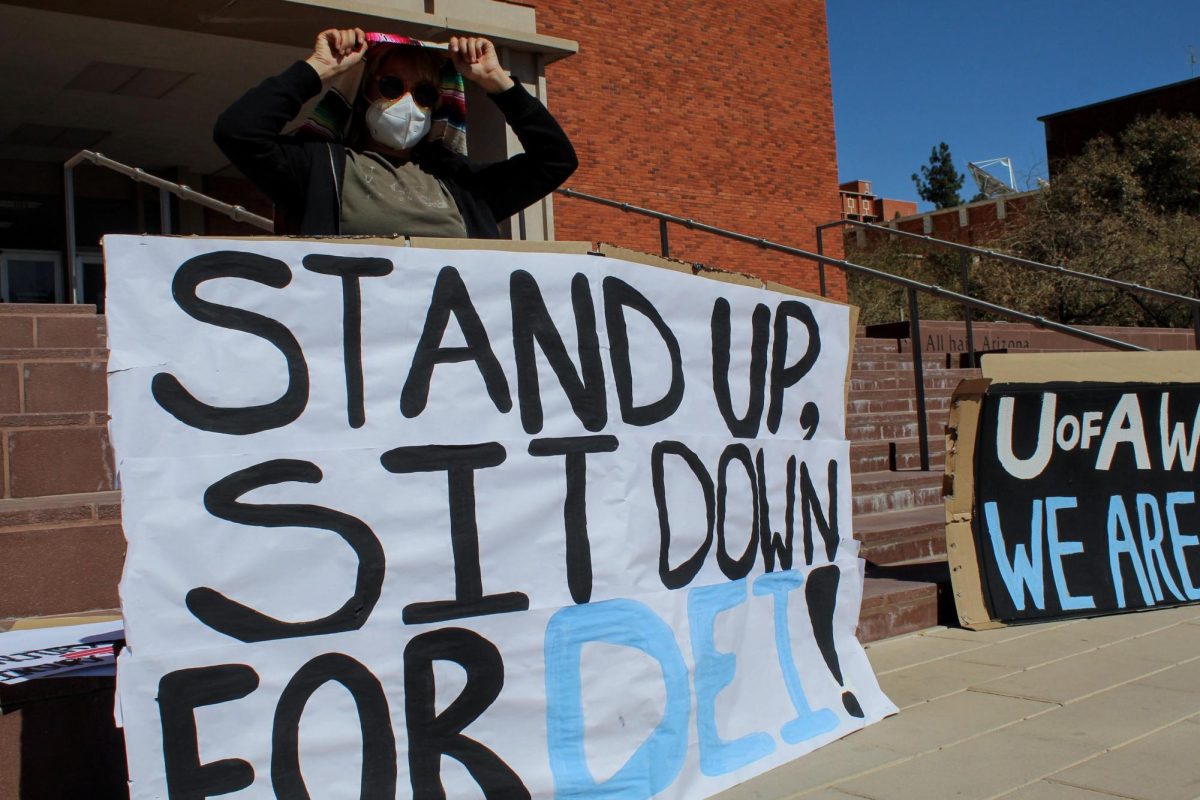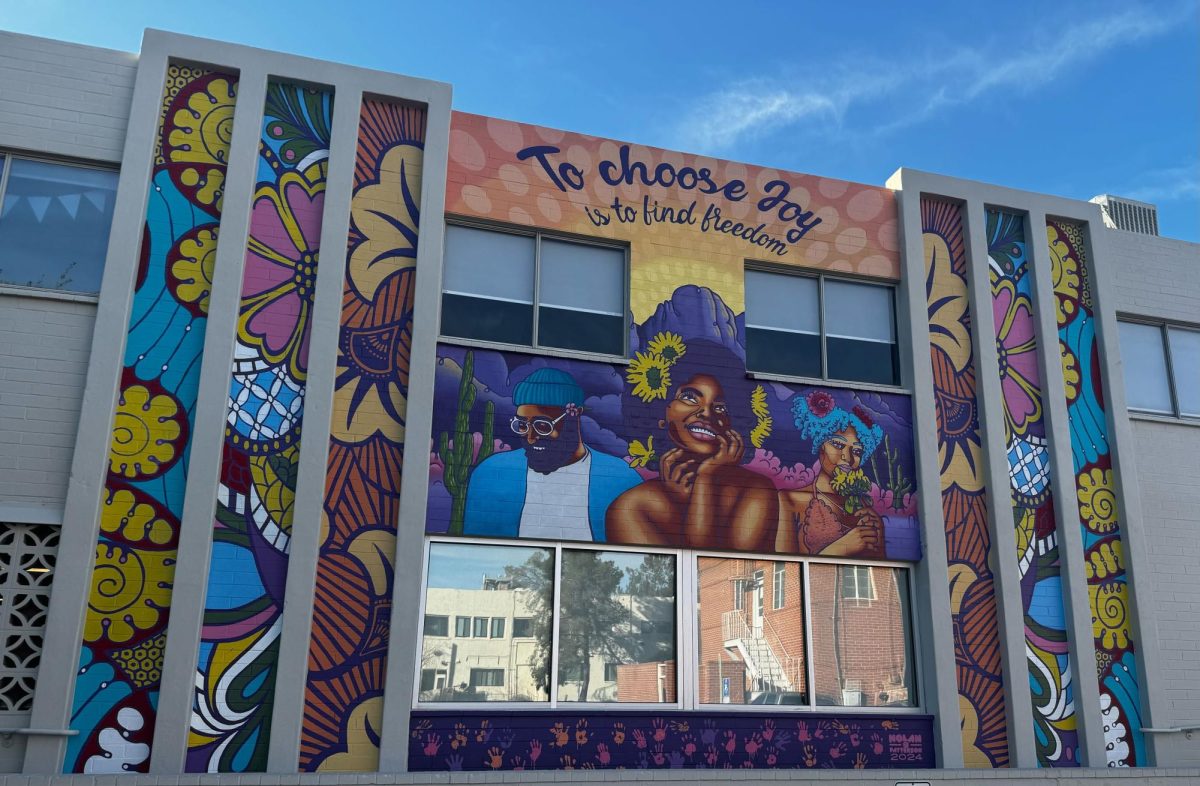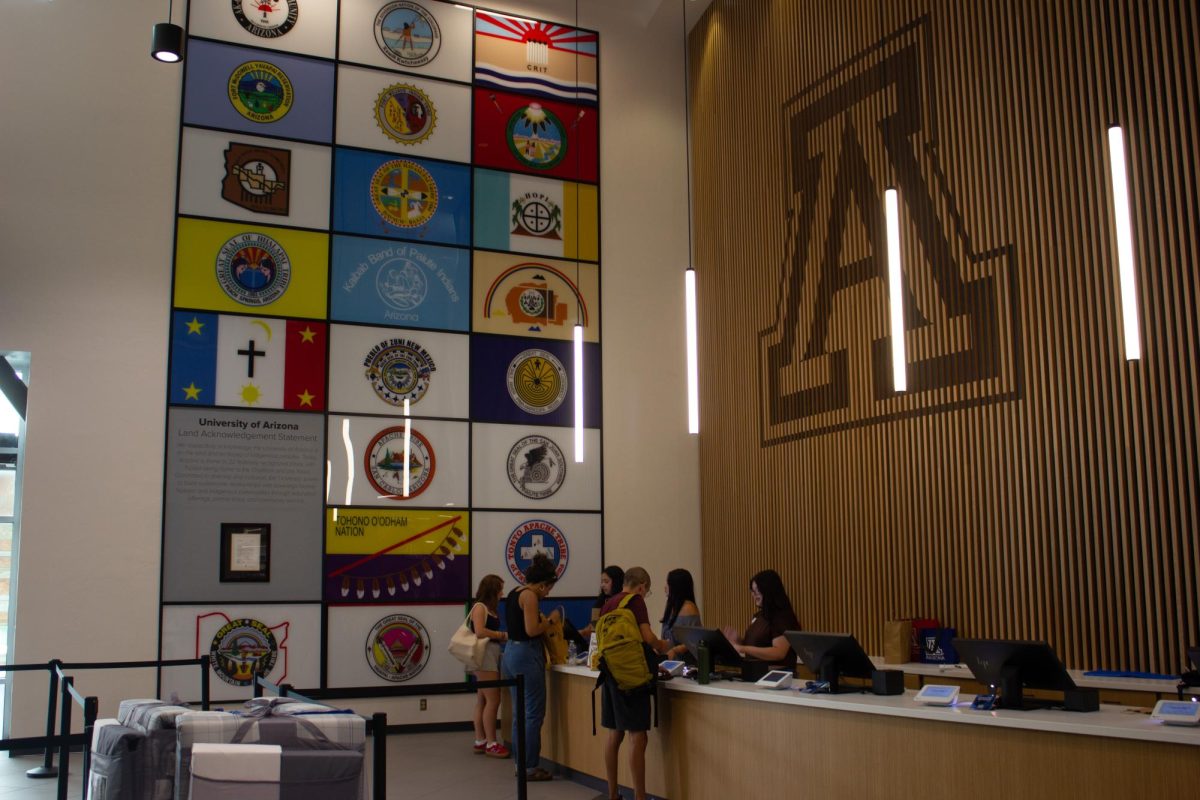Many college students rely on income from working in the service industry, meaning that the outcome of Proposition 138 — which proposes a change to Arizona’s tipping system — has the potential to significantly impact students at the University of Arizona.
Specifically, Proposition 138 proposes an amendment to the Arizona constitution that would allow tipped workers to be paid 25% less per hour than the minimum wage if any tips received by the employee are more than the minimum wage plus $2 worked.
This would change the current law in Arizona, which allows businesses to pay $3 less than the minimum wage, which is $11.35 per hour, as long as their total take-home pay, which includes tips, amounts to the minimum wage of $14.35 per hour.
If Proposition 138 went into effect today, businesses would instead be able to pay workers $3.58, 25%, less than the current minimum wage of $14.35, which is $10.77, as long as the total pay amounts to $16.35, the minimum wage plus $2 per hour.
Grant Kreuger, a restaurateur and member of the Arizona Restaurant Association’s board, explained that having tips help make up an employee’s minimum wage helps offset costs for restaurants, particularly in difficult economic times.
“We have incredibly slim margins, and as such you’ve got to manage your costs like a hawk,” Kruger said. “You just can’t possibly absorb a really big cost increase without also having to raise your prices.”
The cost increase that Kreuger is referring to was a proposition brought by an organization named One Fair Wage, which proposed raising the minimum wage in Arizona to $18. One Fair Wage’s proposition did not make it onto the ballot this election cycle but according to Kreuger, it spurred the creation of Proposition 138.
“I think it makes sense,” Sofia Medivil, a UA sophomore working in a tipped food service position said in response to arguments like Kreuger’s that Proposition 138 helps businesses stay afloat. “But it’s putting more pressure on the customers to tip, and also on the workers, because they live off the tips. I feel like it’s the responsibility of a business owner to be able to pay your workers and for them to not have to depend on the customers.”
Victoria Stahl, a communications organizer at Unite Here 11, shared similar sentiments to Medivil. The group is primarily concerned with the decreased base pay from $11.35 to $10.77 that Proposition 138 would bring about.
“Whether or not a restaurant owner is saying it’s too expensive to run a business, it’s also expensive to run a family and afford bills, basic needs, groceries and medical costs,” Stahl said. “If a customer going to a restaurant is the difference for a server making rent that week, the workers become vulnerable in that situation, not the owners or the customers. The workers pay the price.”
Additionally, Stahl believes that Prop 138’s provision that employees’ total take-home pay must equal the minimum wage plus $2 has been deceptively framed to seem like a raise for employees.
“If you do earn above the minimum wage plus $2, you are going to be put back at 25% less than the minimum wage and then have to make more tips to actually make up the difference that they’re claiming is a raise,” Stahl said. “I think the idea that we’re going to add more of these confusing hurdles for workers to have to keep track of makes the entire system muddied when it already is working perfectly fine.”
UA sophomore Lorelai Barrett, who has previously worked in a tipped server position, shared similar sentiments to Stahl about preserving the current tip system.
“I feel like the system is fine as is,” Barrett said, citing the potential decrease in base pay that Proposition 138 would bring.
“I feel like service jobs shouldn’t be lower than minimum wage,” Barrett said. “Tips just depend on the customers you get, and customers are not always willing to tip.”
However, Kruger pushed back on the idea that customers are beginning to tip less, referencing data he has collected from his restaurants.
“If you’re trying to calculate the tips made per hour, I bet you could find some variation, but when you look at it by week or month I really don’t see a tremendous amount of variation,” Kruger said. “You’re going to have some great tippers and some crummy ones, but that parabolic curve will average out.”
Proposition 138 is on the ballot in this year’s general election in November. Visit the Pima County website for more information on voting.
Follow the Daily Wildcat on Instagram and Twitter/X










